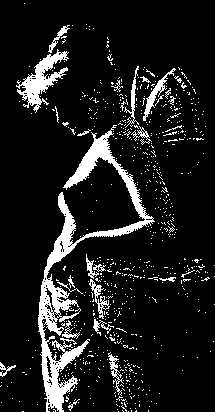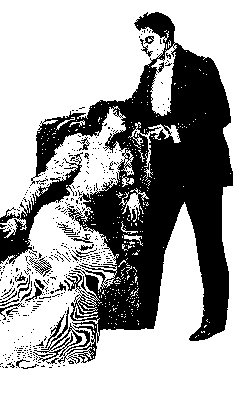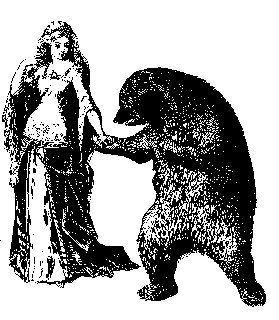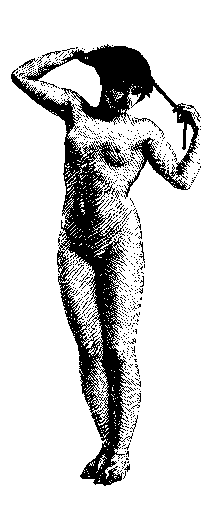
Back in March, Stephen Minch had the temerity to write an article on clarity in writing for Stan Allen's MAGIC. As I recall, it generated absolutely no comment (although the cover photo of Jinger generated a lot of comment). Worse, the article did little to stay the tide of punctuation and spelling errors that continue to populate magical literature and advertisements. This concerns me. I fear that younger magicians, who confine their reading solely to magical texts, may never encounter a correct model.
Of the many errors that occur, the following rules seem to be broken most frequently.
Rule 1. Commas and periods belong inside quotation marks. When card whiz and attorney Simon Aronson writes (Simply Simon, p. 125)
... cut the deck into "approximately equal piles".
with that final period hanging out there to the right, he is breaking the law. When Bruce Cervon and Keith Burns write (Dai Vernon A Magical Life , p. 178)
Tommy Downs was acknowledged as "The King of Koins", but he wasn't satisfied with this ...
they need to rein in that runaway comma. For the record, other punctuation marks take on more maverick notions. Semicolons belong outside quotation marks, while question marks and exclamation marks go inside when they are part of what is being quoted, outside for all other cases. But Rule 1 on its own is simple and correctly used in the following sentences.
| "I've done the levitation twice a night for six months," Phoebe sighed, "and Lance still hasn't said whether I'm to be in the Monte Carlo show." |  |
 | You should be impressed. I'll be working at Caesar's Magical Empire, thanks to my flawless and provocative interpretations of "Hot Rod" and "Card Warp." |
In the first example above, note that the comma after months and the period after show are where they belong, snug and warm inside the quotation marks. In the second sentence, the trick title Card Warp is surrounded by its own quotation marks, but the sentence's final period belongs inside them nonetheless.
Rule 2. The possessive pronoun its contains no apostrophe. This applies to all possessive personal and interrogative pronouns (its, hers, his, ours, yours, theirs, whose). When creative artist Jay Scott Berry writes (Genii, February, 1996)
... the bill is returned to it's owner.
he's misspelling that little pronoun. When gambling expert and card sharp Darwin Ortiz writes (MAGIC, August 1995)
... he was willing to take the trick to it's logical conclusion.
we flinch and pray that it's just a typo.
The word it's when correctly spelled is of course the contraction of it and is. The following examples illustrate correct usage.
 | It's not fair. I can dance the tango, the foxtrot, and the pasa doble, and those damn white tigers still get all the press. |
| When you've finished pasting up the magazine, put the raven back in its cage and come to bed. |  |
As noted, it is not fair that dancing bears are out of fashion in Las Vegas, and the possessive pronoun harking back to the magazine editor's black bird is appropriately apostrophe-free.
The point of this piece is not to criticize the likes of Simon Aronson or Bruce Cervon or Keith Burns or Jay Scott Berry or Darwin Ortiz, or, for that matter, the highly professional MAGIC and Genii. But if stuff can creep in, occasionally contaminating the prose of even the best and the brightest, then it can happen to the rest of us. One always runs the risk of offending, as Fowler calls him, "that pestilent fellow the critical reader," and of undermining the authority of our work with apparent ignorance of or indifference to the common norms of style and spelling. Vigilance is necessary, and knowing the rules is a good place to start.
Return to the top of the magazine